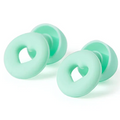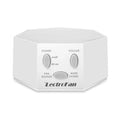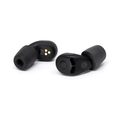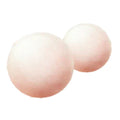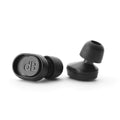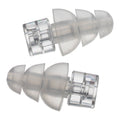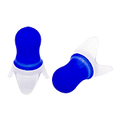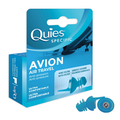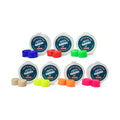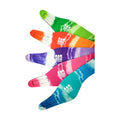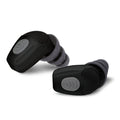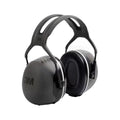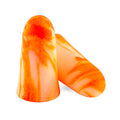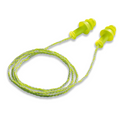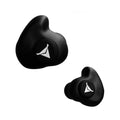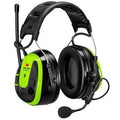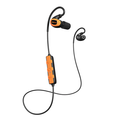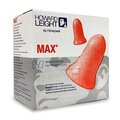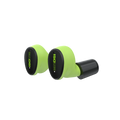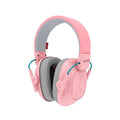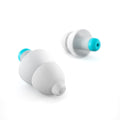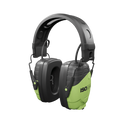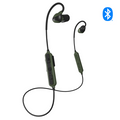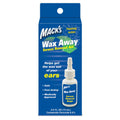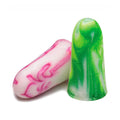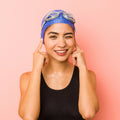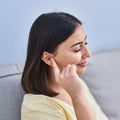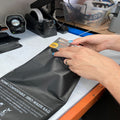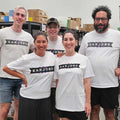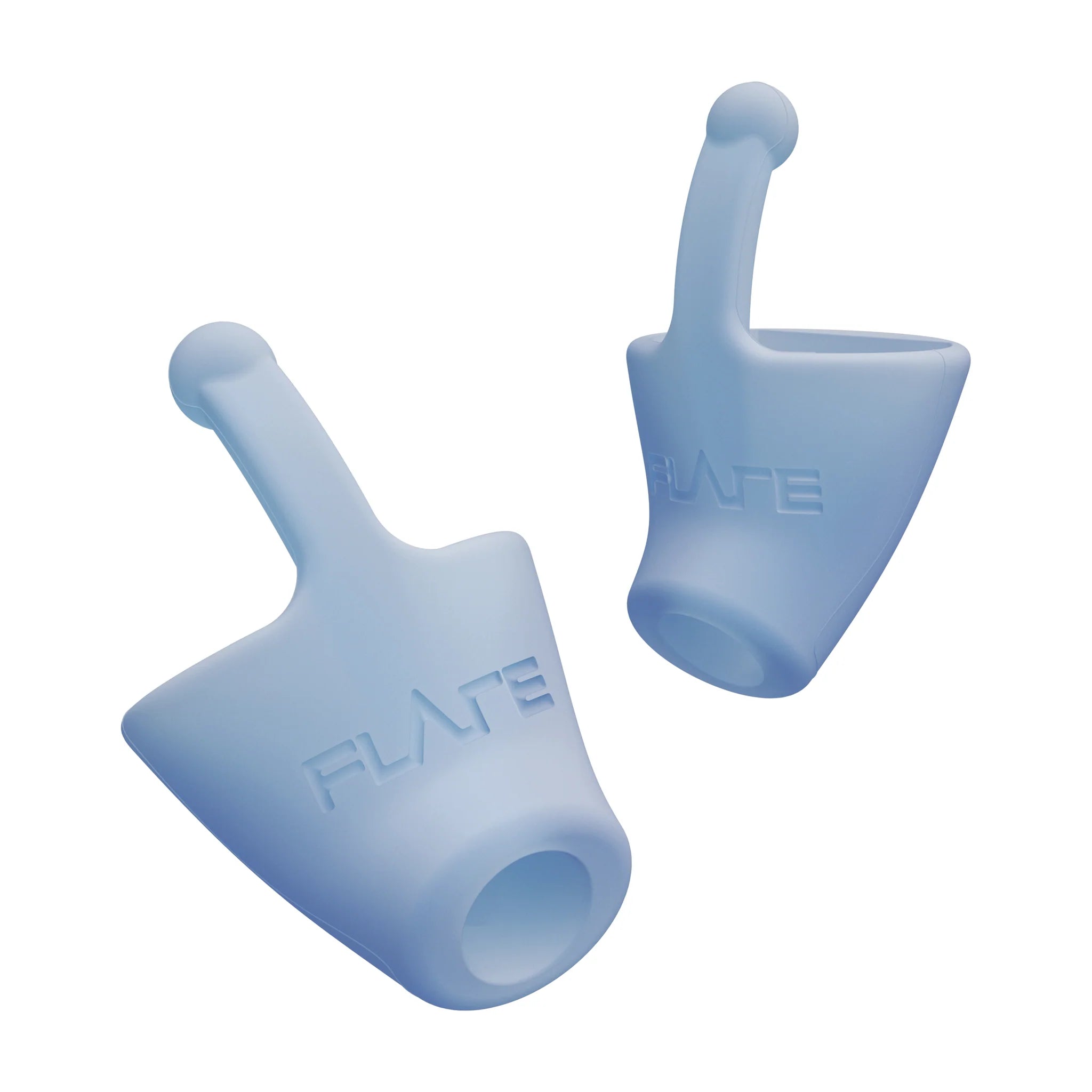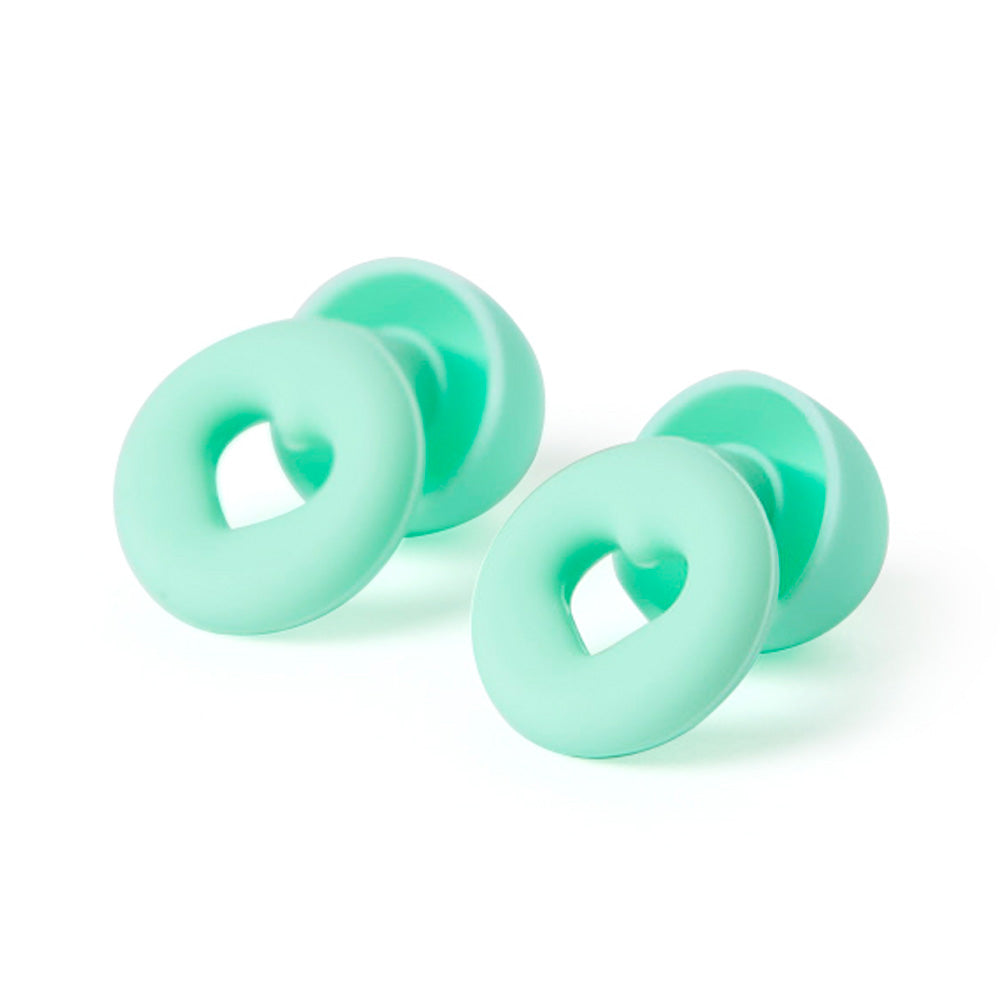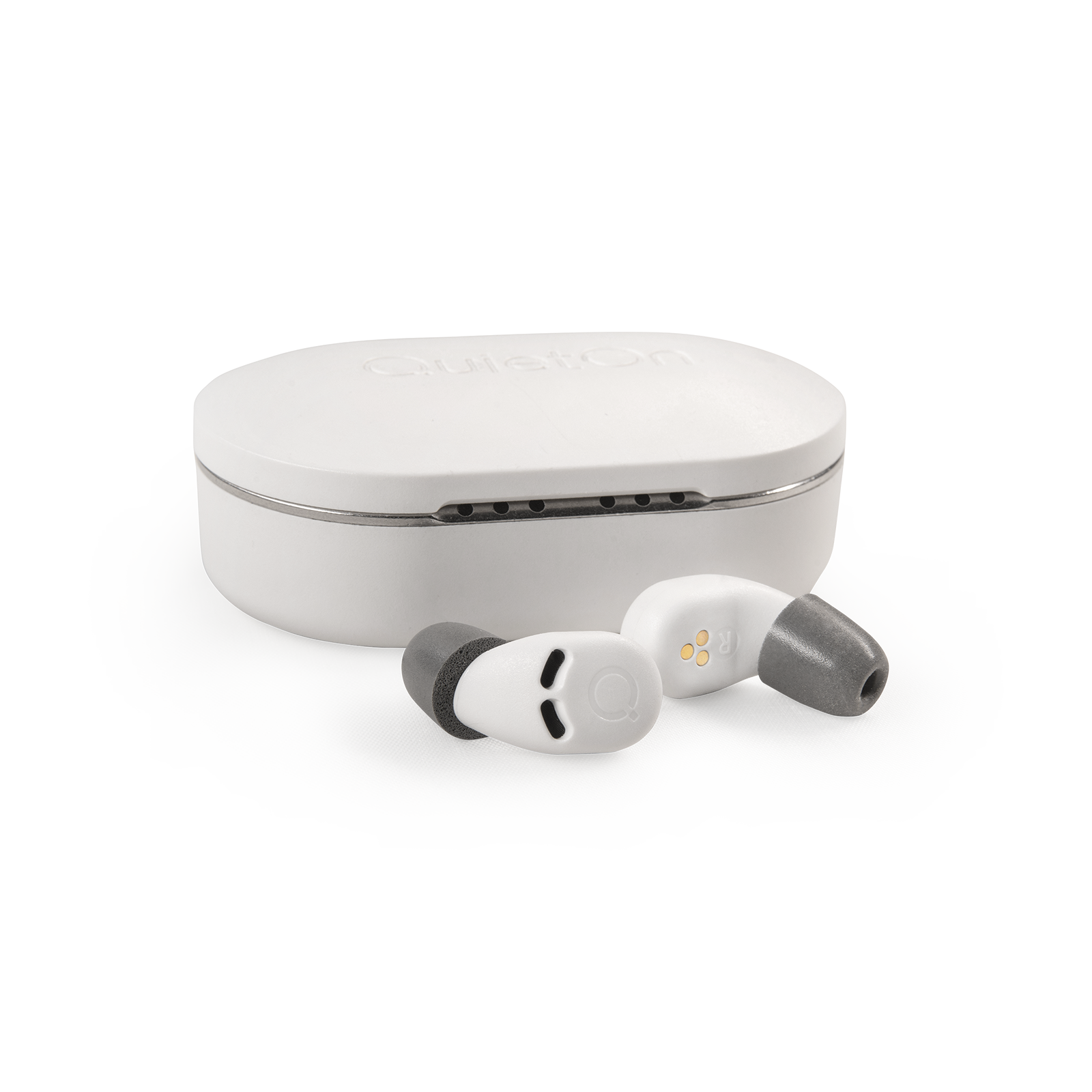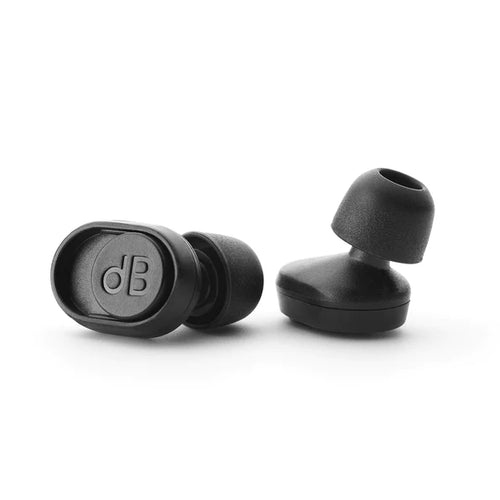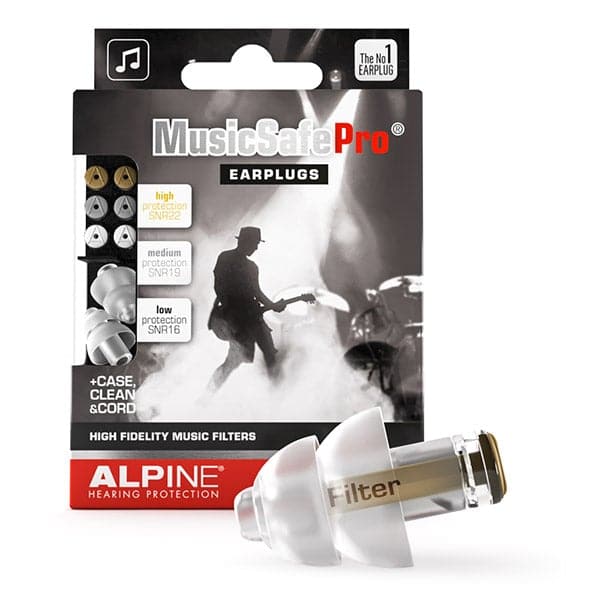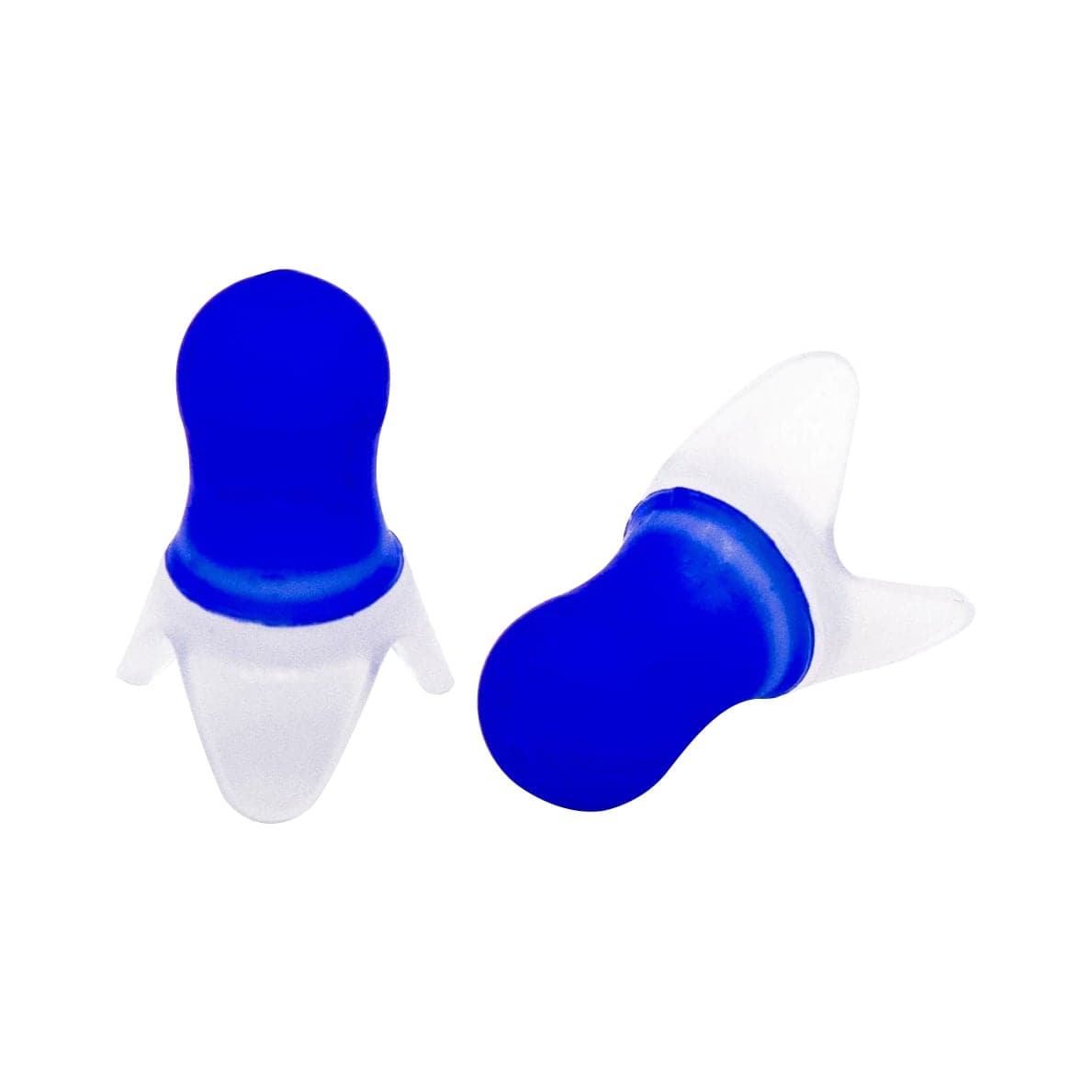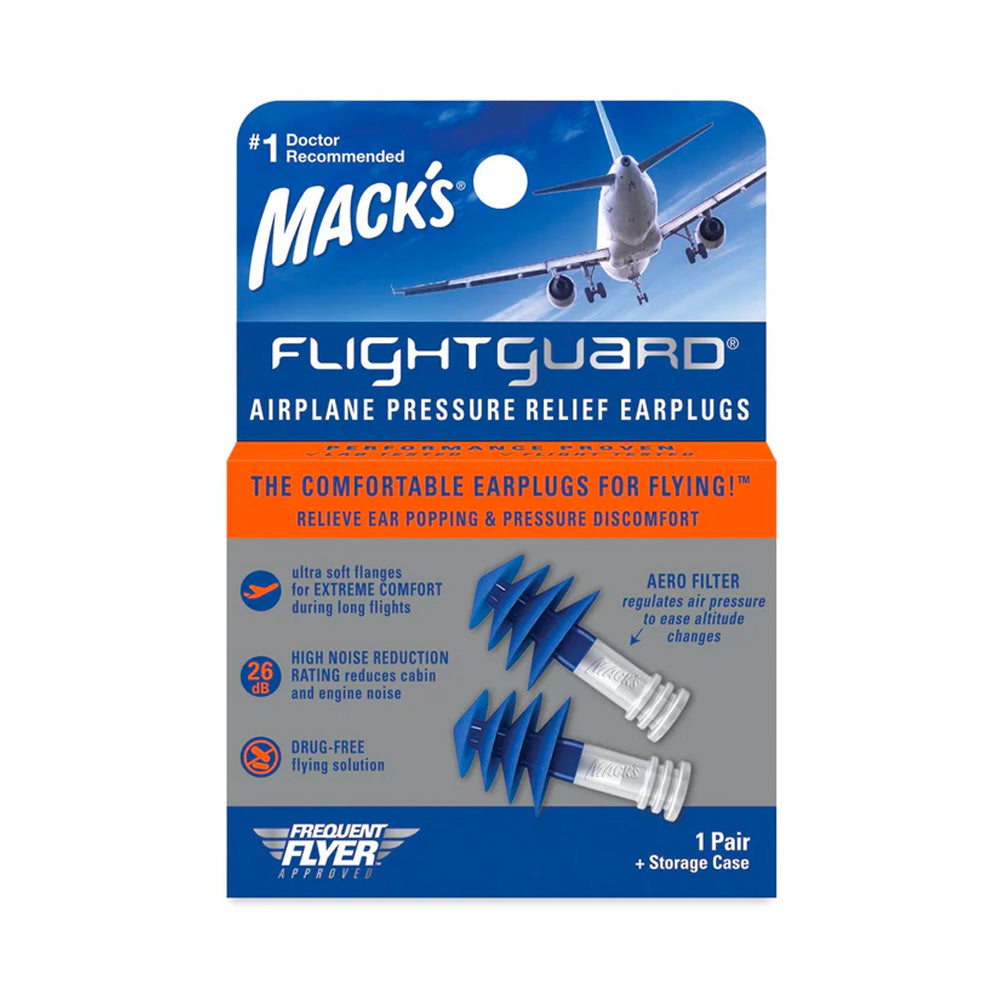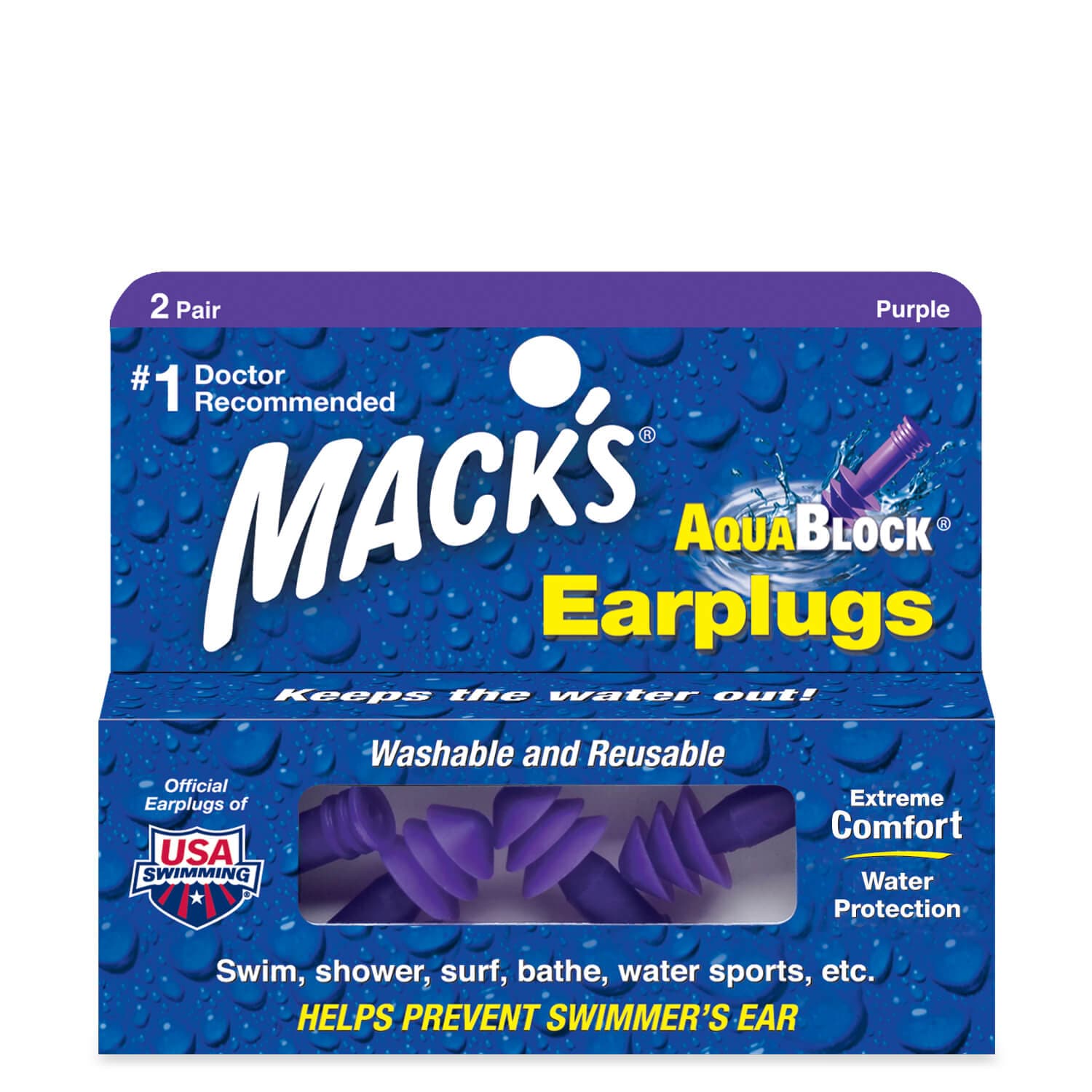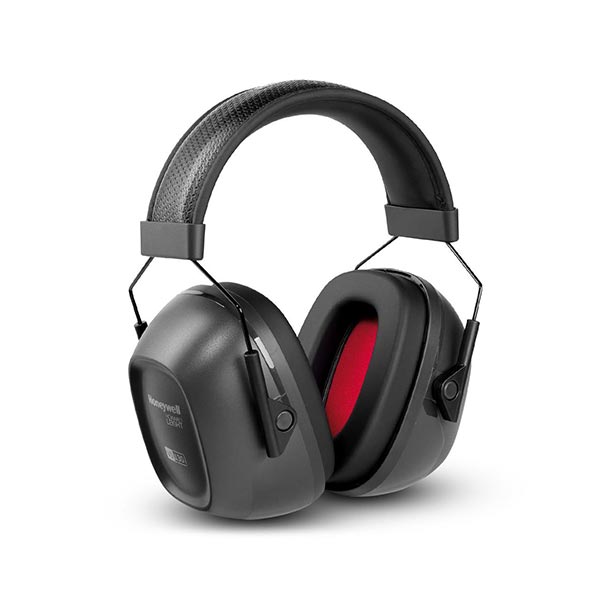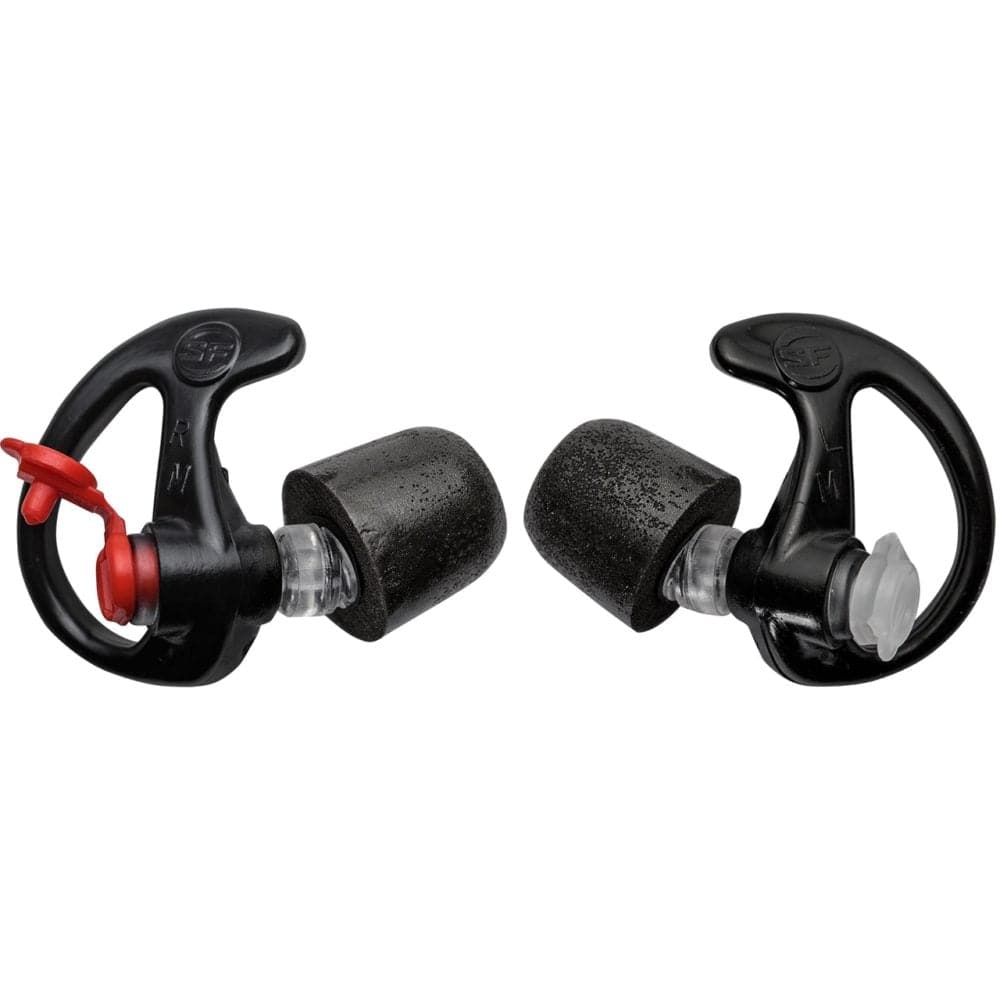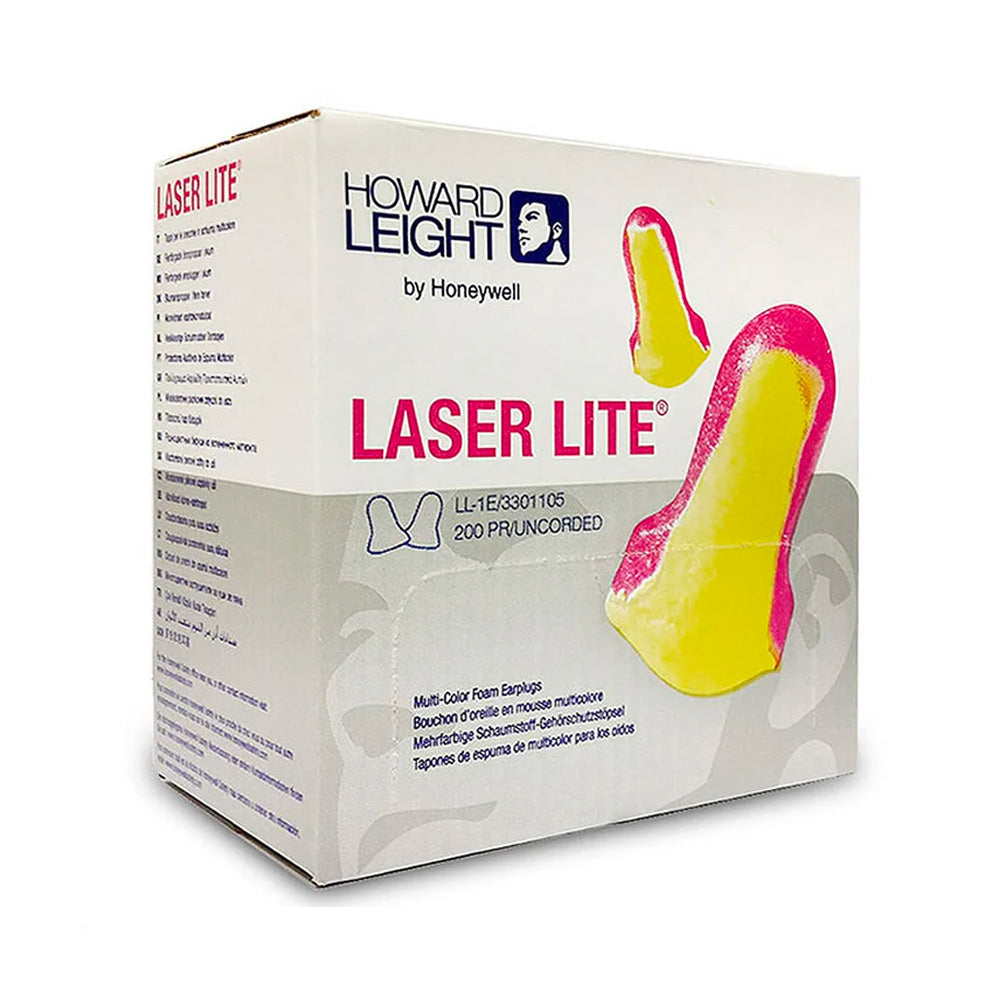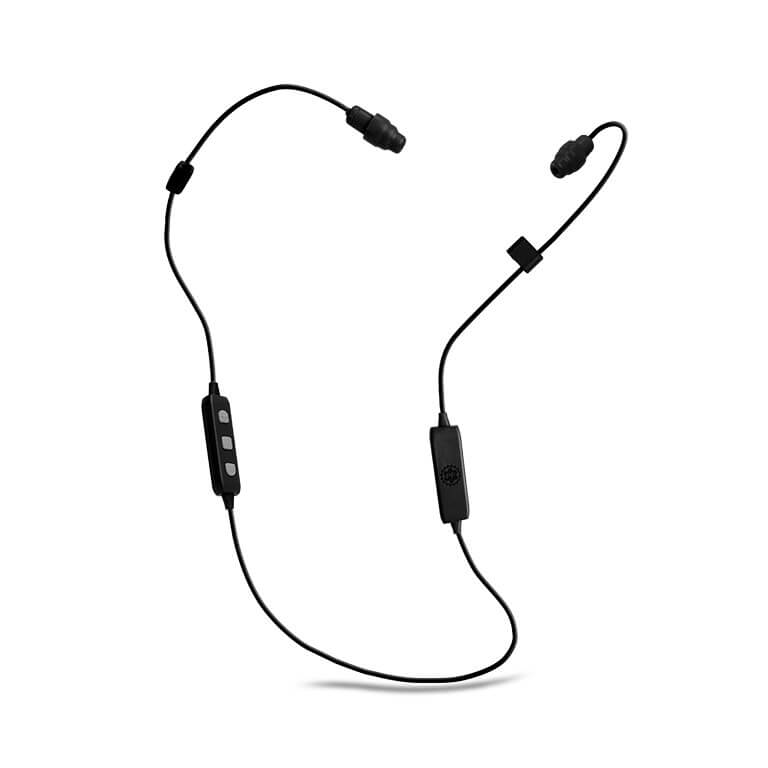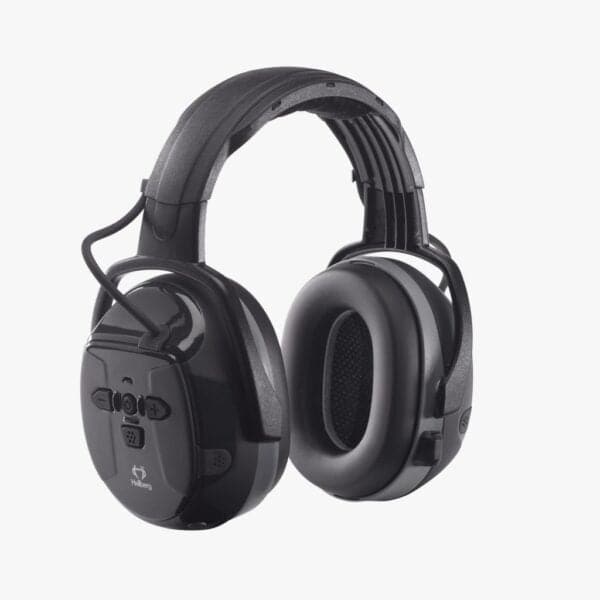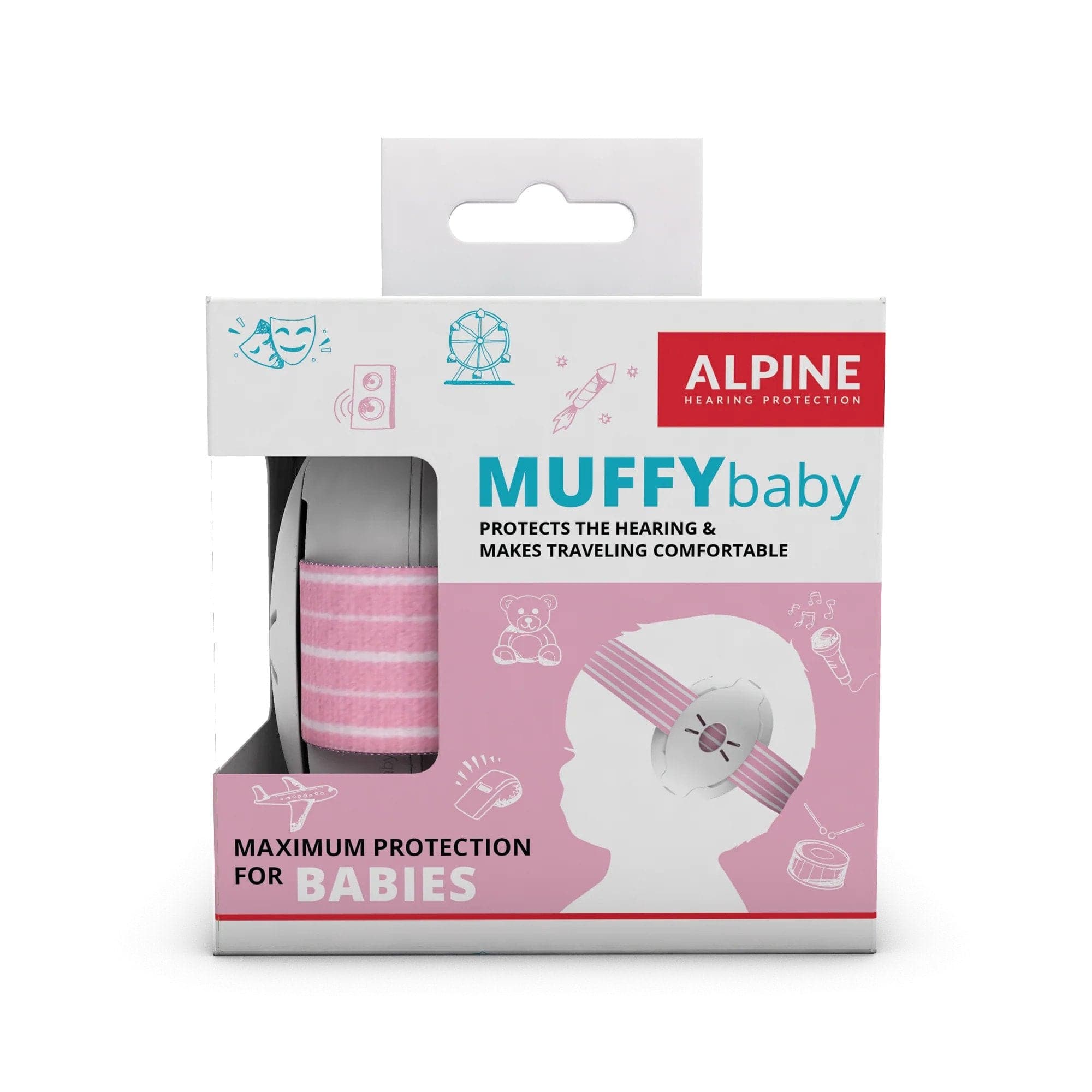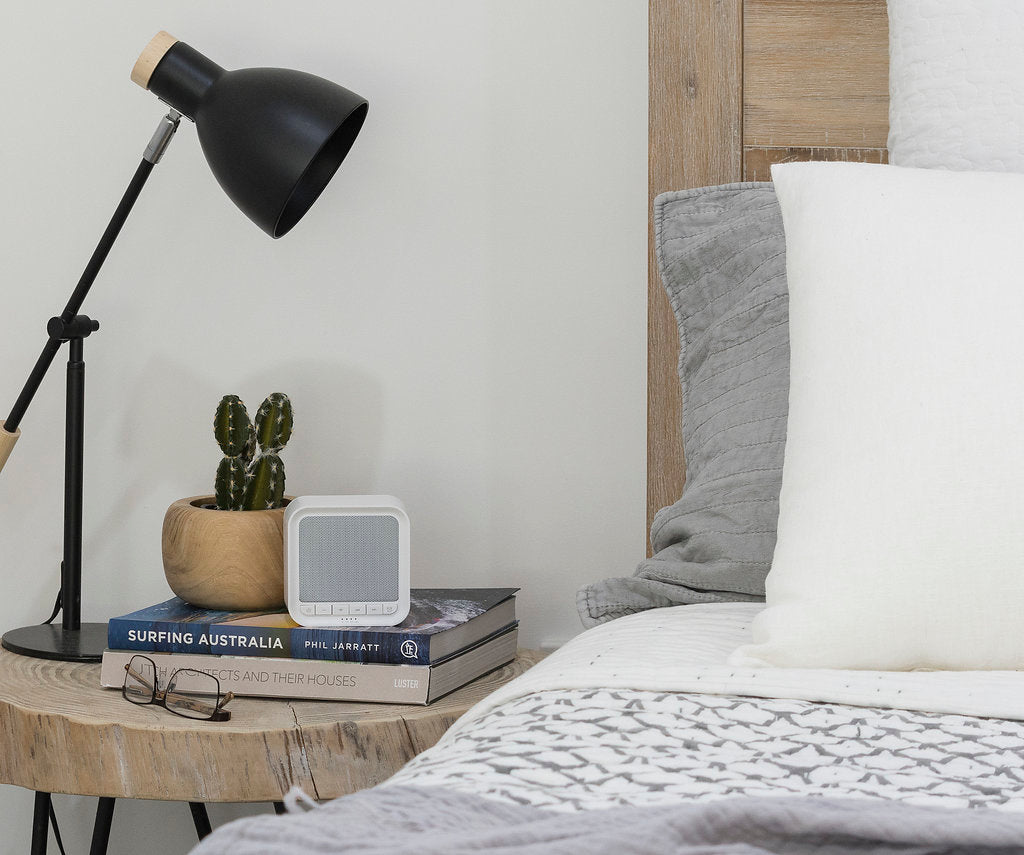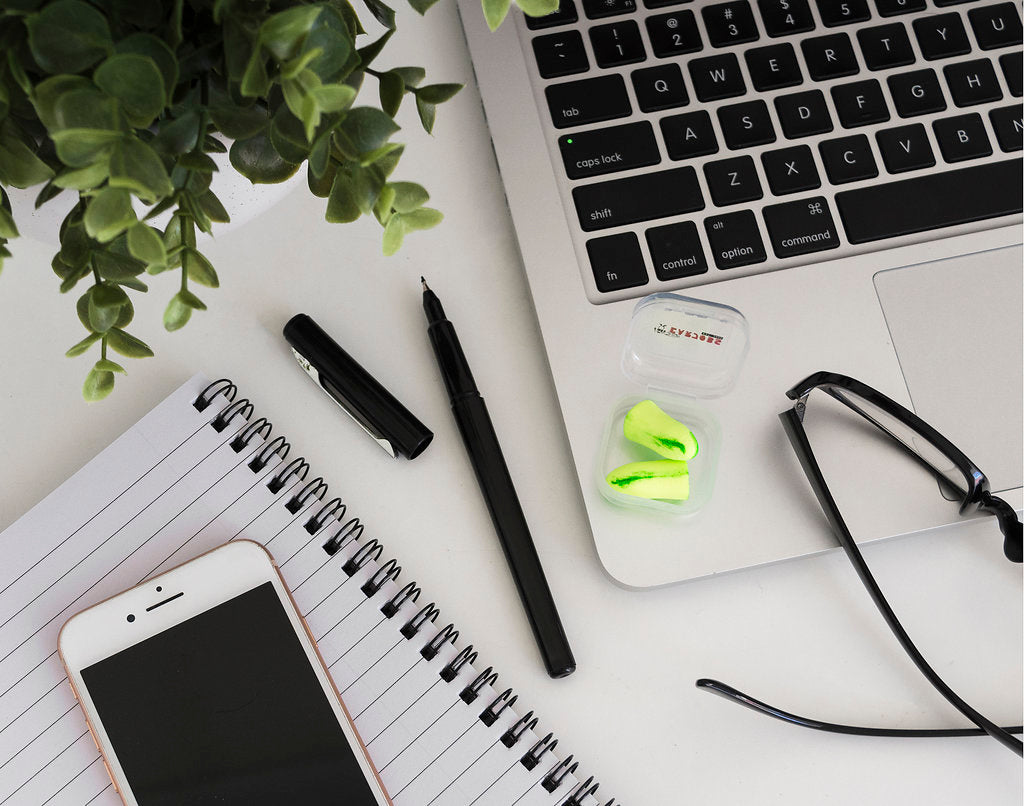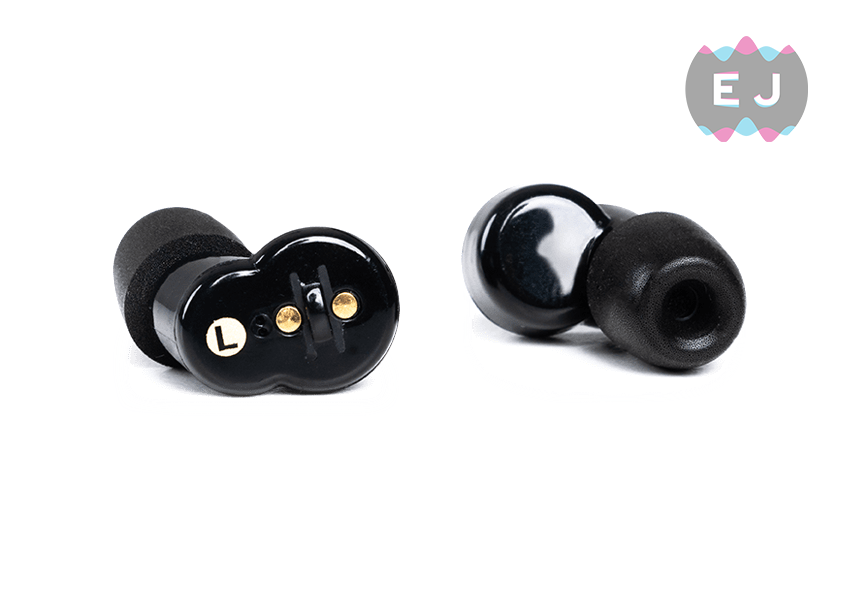Self-isolation has transformed daily life and with it created new challenges for maintaining a healthy lifestyle. But in our rush to order exercise equipment and ergonomic chairs, we miss the foundation on which healthy routines are built: sleep.
The average person needs between seven and nine hours of uninterrupted sleep per night, but it’s understandable that socialising, the daily commute, and family can get in the way. But among all the challenges of self-isolation, there is a plus side. The reduction in travel time provides an opportunity to restore that necessary sleep schedule and benefit from all the psychological and physical advantages that comes with being fully rested.
Here are five tips for optimising your sleep cycle while self-isolating.
Build Up To Bed
Treat sleep like an instrument: practice makes perfect. You should set a habit for how you plan to sleep while self-isolating and stick with it. Aim to go to sleep at the same time each evening and wake up at the same time each morning. Once you’ve defined your schedule, plan for a few hours of ‘winding down time’ in advance of hitting the hay. In his book, Why We Sleep Dr. Matthew Walker gives a few tips, including:
- Avoid exercising within three hours of sleeping. Daily exercise is helpful for supporting a healthy sleep cycle, but too late in the day and it builds alertness.
- No coffee, nicotine, or alcohol near sleeptime. Coffee and nicotine have stimulating qualities and alcohol, while appearing to dull your senses, actually just produces a less restful form of sleep by inhibiting REM sleep.
- Take a hot bath or shower before bed. The cooling down that comes when you step out assists in relaxing the body, preparing you for bed.
Create a Separate Sleep Space
A bedroom should be for sleep -- only. The ideal bedroom should be smartphone and television free, allowing you to avoid the sleep-inhibiting blue light that these gadgets produce. This means no late night scrolling or Netflix binging. In addition, you should avoid using your bedroom for anything other than bedtime. Don’t let a bedroom become a workspace. Psychologically, you’ll associate the room with activity and the memories of the day, making it so much harder to switch off.
Instead, let the bedroom be a comfortable, relaxing place. If you have a fan or air conditioner, turn it on. Studies show that a bedroom on the cool side is preferable for a good night’s rest. It can also be helpful to play some soothing sounds. For this, the Avantek Portable White Noise Machine comes pre-programmed with eight ambient noises (in addition to the white and fan sounds) to bring you back closer to nature when self-isolating has you trapped inside.
Shut Out The Light
Not all light is created equal. Some lights trick our bodies into thinking it’s daytime, kickstarting the production of hormones that wake us up and making a good night’s sleep impossible. In the bedroom, you want to avoid halogen lights, they’re the closest you can get to daylight. Also, avoid fluorescent lighting, this gives off the same blue light as you get from smartphones and distorts your brain’s cycle.
Instead, the best bedroom lighting is warm incandescent bulbs. Anything with an amber to red hue is good for the body at the end of the day and assists in warming down the body for sleep. Once you’re ready to snooze, it’s time to block out all light (even the face of an alarm clock can keep you up). For this, try a sleep mask. The Earjobs Contoured Sleep Mask shapes around the eyes, allowing you to open and close your eyelids without irritation. The soft fabric and lightweight form is akin to a blanket for your face, creating that extra layer of comfort that allows you to relax and doze off. 
Shhh, Keep Quiet!
But even absolute darkness won’t help in a world of loud neighbours and snoring partners. Often, the most significant barrier to a restful night’s sleep is right beside you. If you or your partner snore, there are a variety of solutions available that can restore the silence. The Airmax Snoring Nasal Device is recommended in cases of snoring and mild sleep apnea. It expands the nasal passages, increasing airflow and lessening the cause of snoring. If this isn’t enough, it’s time for earplugs. The right pair of earplugs can block disruptive noise and enable restful sleep. The Earjobs Comfy Wax are made of a hypoallergenic combination of cotton and lanolin. Like pillows for your ears, they gently filter up to 23 decibels of noise and leave you feeling refreshed.
Alternatively, some people find they can only sleep with the right kind of noise. We’ve mentioned the Avantek, but the Lectrofan Digital Fan and White Noise Machine comes programmed with twenty digitally produced and non-looped fan and white sounds for you to sample. These are perfect to drown out uneven external noise with something soothing. You can also use it during the day to provide coverage while you work (just make sure you choose a different ‘work’ noise to the one you use for ‘sleep’, to avoid those stressful psychological associations). 
Consult The Data
The best night’s sleep is a matter of trial and error, as such we recommend a sleep tracker to figure out what’s going on while you’re dreaming. You may already have one built in to your fitness tracker, but for those on a budget there are a variety of free apps available that let your phone track your sleep (just don’t let it tempt you into late night scrolling). A sleep tracker works by measuring how much you move and how much sound you produce while sleeping, using this to define the amount of ‘quality’ sleep you got. Once you have this data in front of you, you might realise that you have to wake up a little earlier or later (to avoid disrupting an REM cycle) or discover some underlying issue (snoring, sleep apnea) that is inhibiting your sleep. For iOS we recommend Sleep Cycle, while Android users should instead consult Sleep As Android, both are free.
Whatever you do, however, don’t resort to sleeping tablets. A recent study performed by Dr. Daniel Kripke of the University of California, San Diego, found that habitual users of sleeping pills had a higher mortality rate, a lower immunity to disease, and still suffered from the same feelings of sleep deprivation. Instead, consider talking to your GP about melatonin, a hormone naturally produced by the brain as you approach sleep. By taking a melatonin supplement you trick your brain into preparing for bed earlier than normal. This is particularly helpful for people who are used to staying up late and can also assist in combating jet lag.
A Final Word
How we perform in daily life is a commentary on how we sleep. A good night’s sleep improves alertness, immunity, and can even improve mood. An effective approach to sleep involves a combination of good behaviour and ideal environment. In short:
- Keep away from alcohol, smartphones, and bright lights in the hours before bed. A cooler bedroom is better for sleep, but a hot bath or shower can create that temperature change too.
- Ear plugs and an eye mask are helpful tools for blocking light and sound. They also free you from your family’s habits, night owls can continue to read beside you without ruining your sleep.
- Sleep apnea and snoring inhibits sleep for you and those around you. While snoring devices can assist it’s also helpful to consult your doctor. In the interim, a white noise machine can cover the sound.
- Avoid sleeping pills, but natural hormones can be a useful aid as you retrain your body into a healthy sleep cycle.
Once you’ve made up your mind to improve your sleep, these subtle changes will make all the difference. Use self-isolation as an opportunity to correct bad sleep habits and you’ll carry the benefits for the rest of your life.

